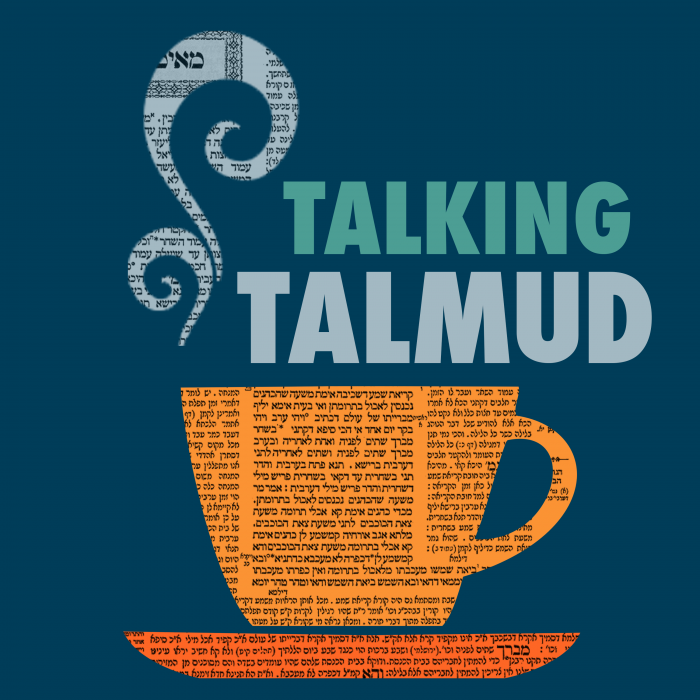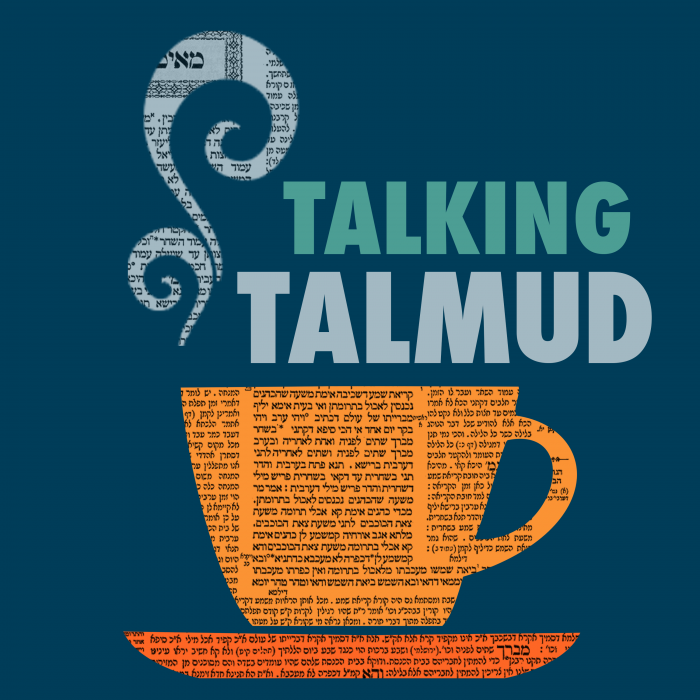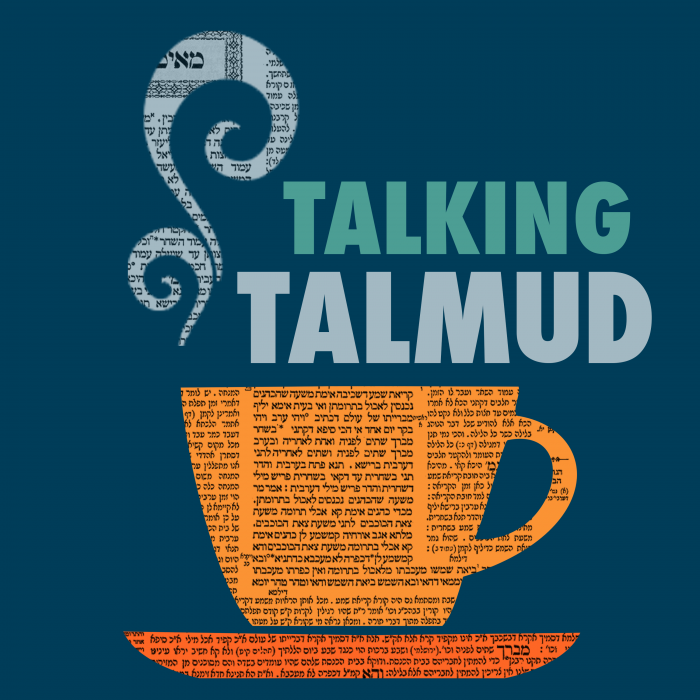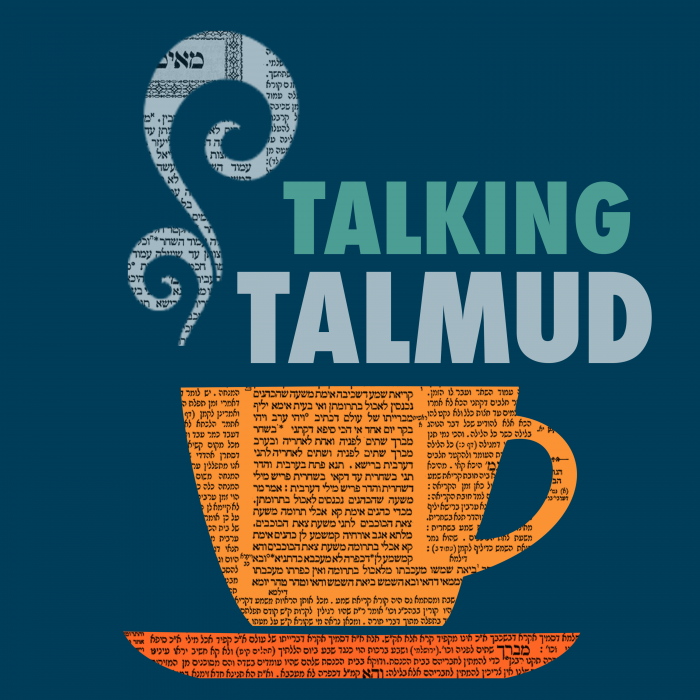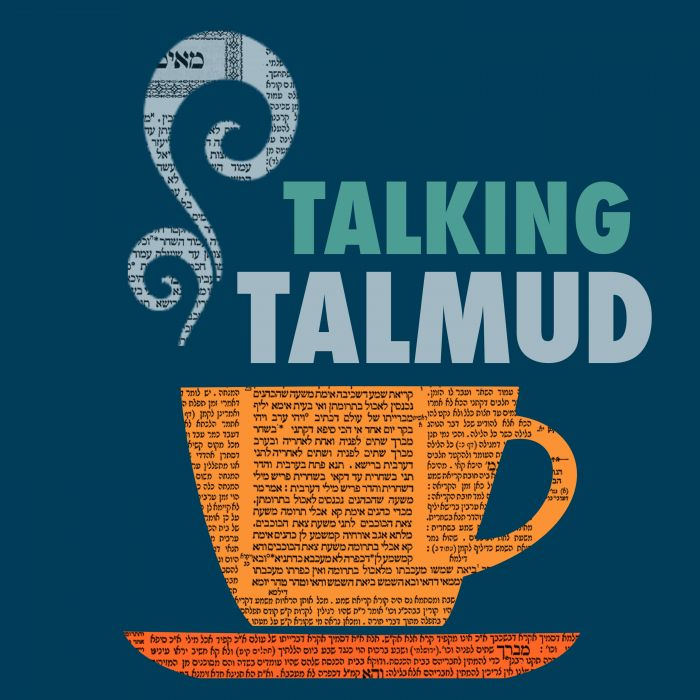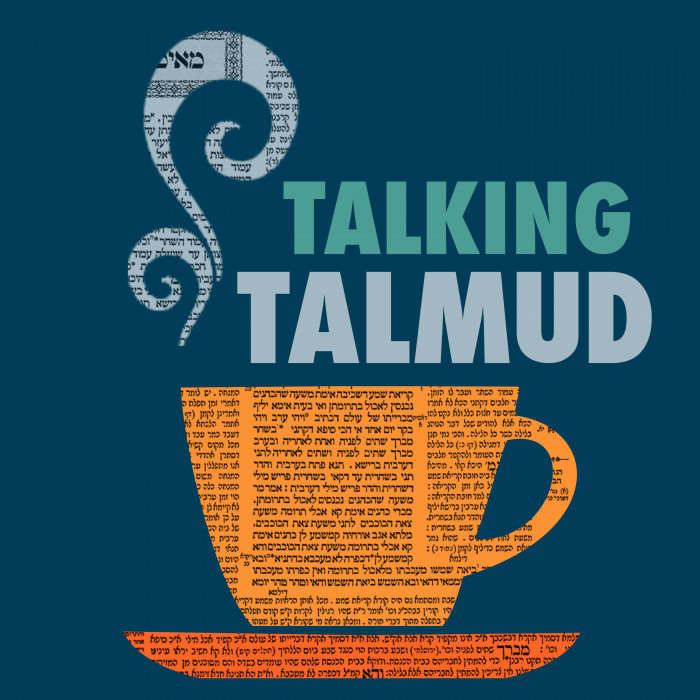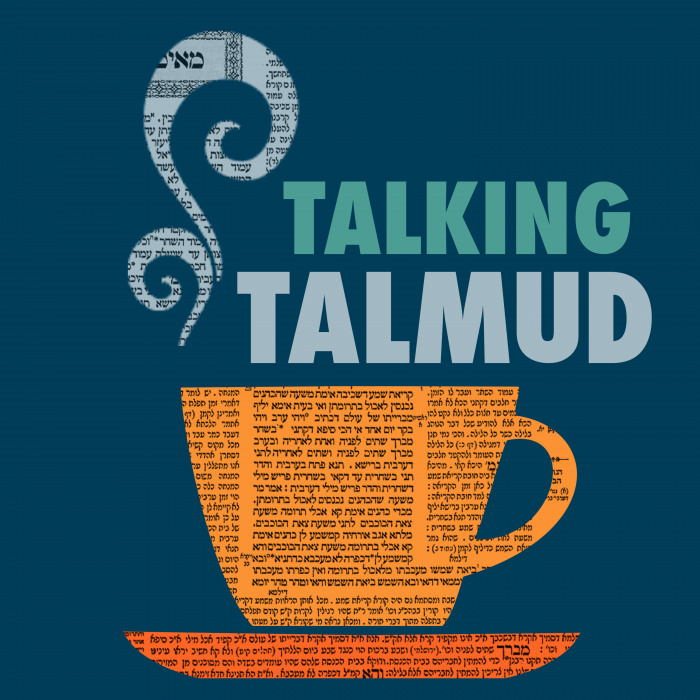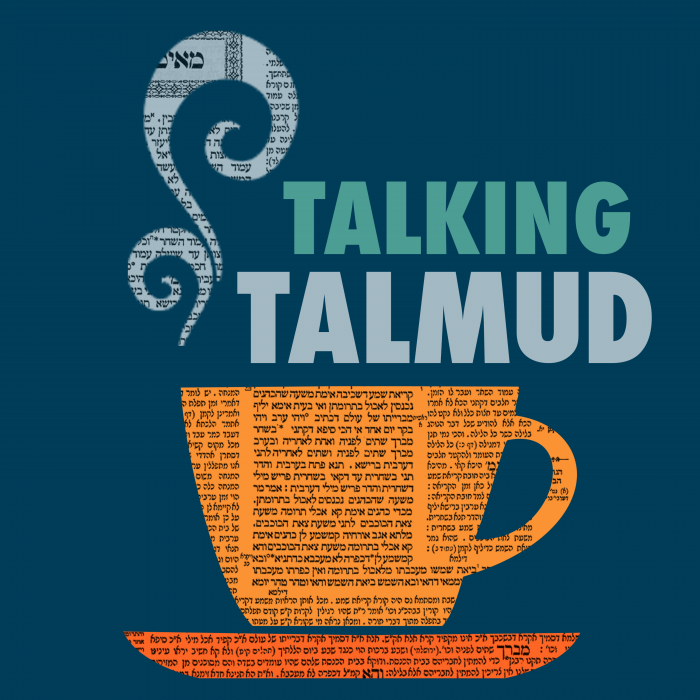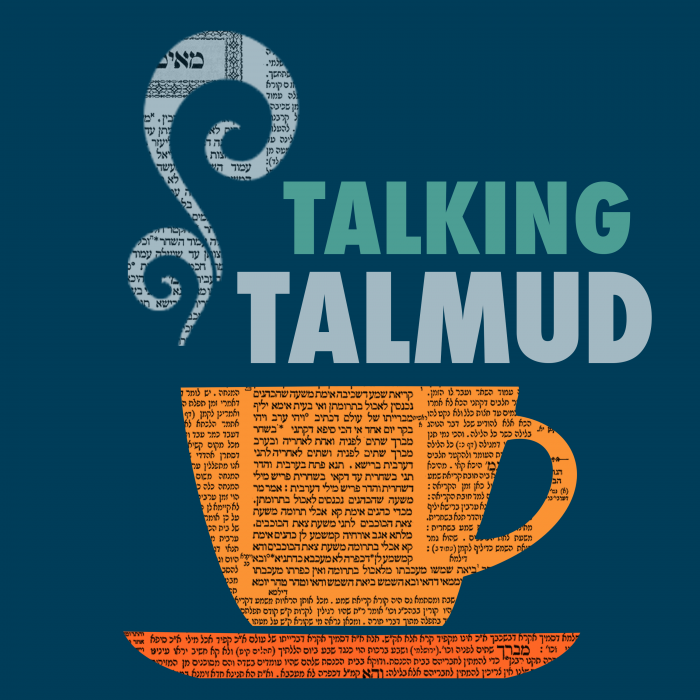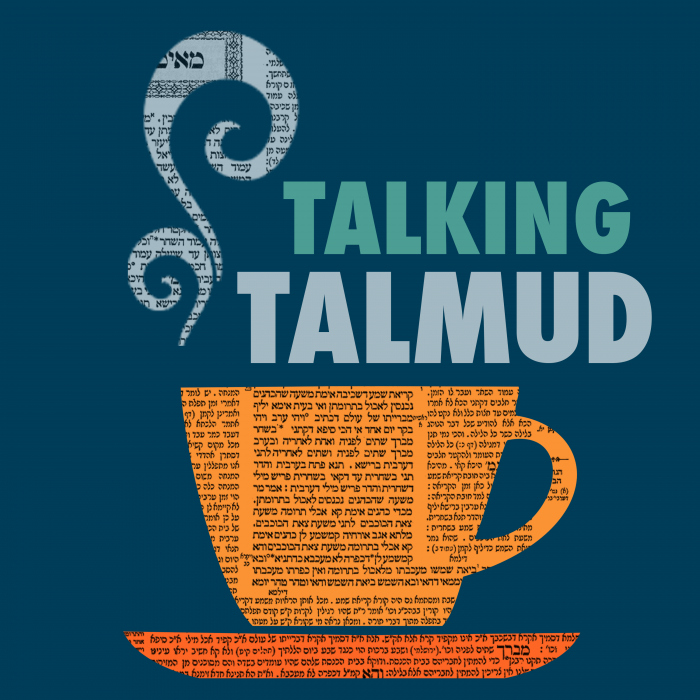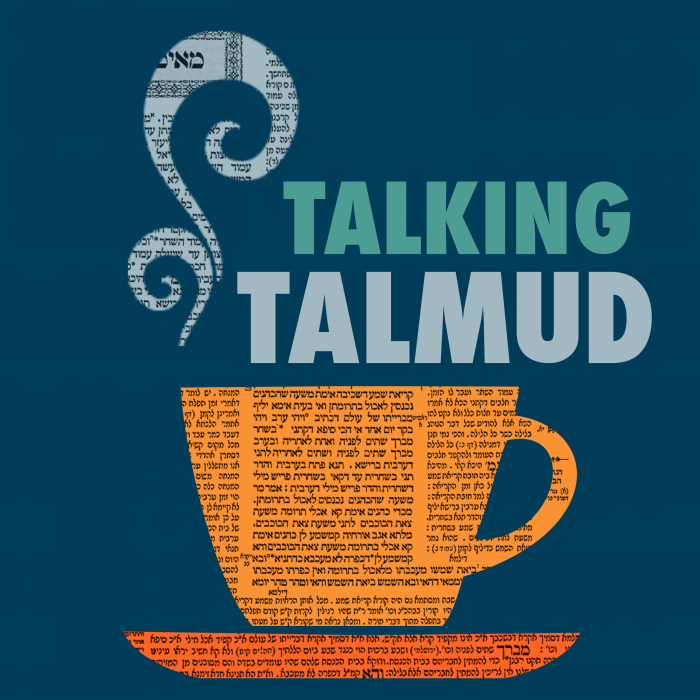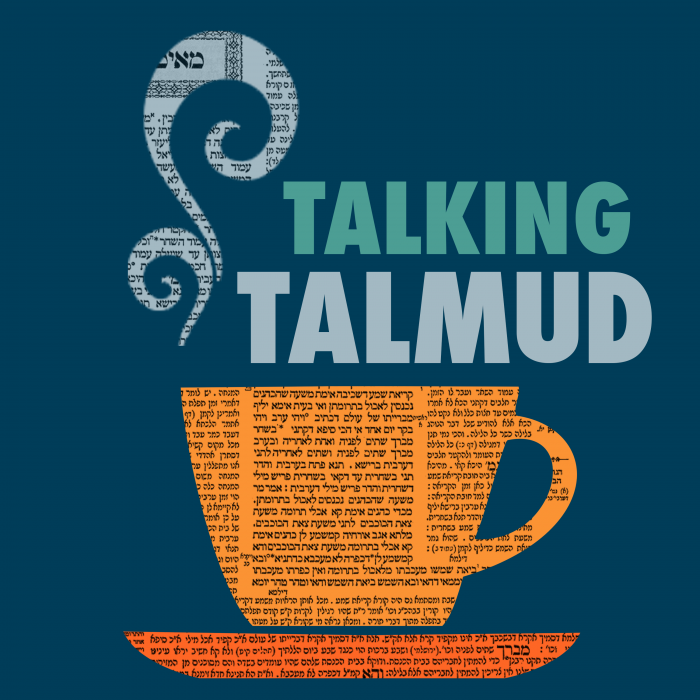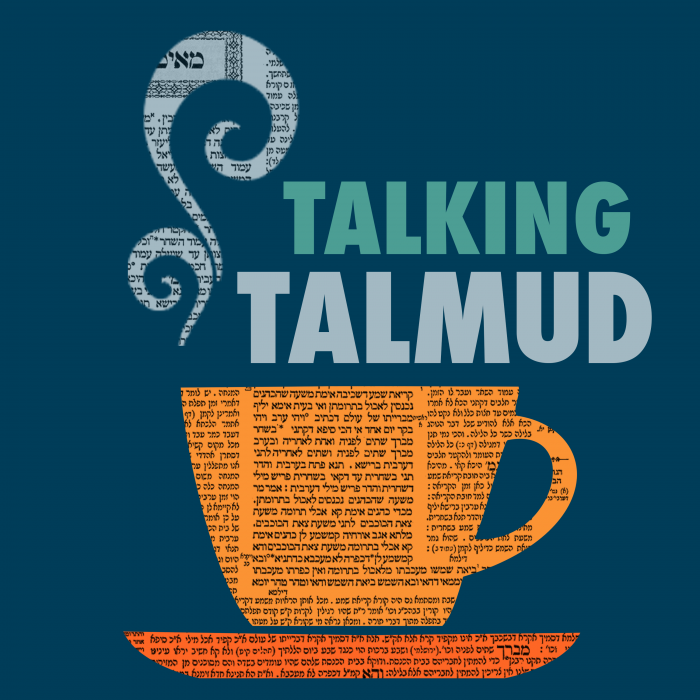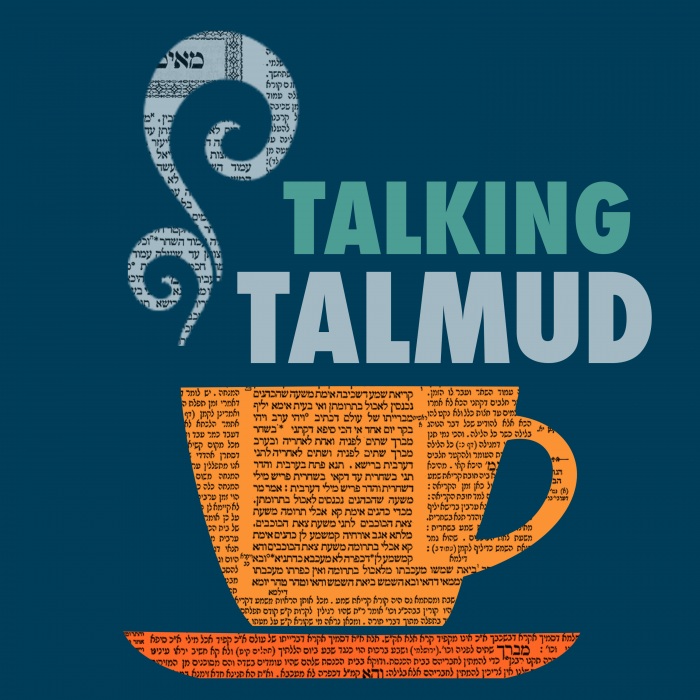What do you do if a sefer Torah is in a room where one is planning to have sex? How far does one need to distance oneself from feces or urine in order to say shema? On what does it depend? Can one say shema in a place where there is a bathroom that had never been used? A zav that had a seminal emission or a woman who was a nidda and then semen discharged from her body or a woman who has sex with her husband and then becomes a nidda – all these need several days before they can become pure – but can they and should they go to the mikveh before learning Torah? Or since they can’t become pure yet, they can’t go to the mikveh and therefore maybe Ezra’s ordinance did not include these cases? Is the order in which the events happened important (first baal keri and then zav or the reverse)? Until what time can one pray the morning, afternoon, evening and additional (on holidays) prayer? Is there a contradiction between what it says in the minsha regarding the times and other sources? How does this connect with laws of additional prayers that one can say if one forgot to pray – as one can make up the morning prayer in the afteronon? Were the prayers instituted by the fathers or were they set up as a replacement (or to correspond) to sacrifices?
This month’s learning is dedicated to the refuah shleima of our dear friend, Phyllis Hecht, גיטל פעשא בת מאשה רחל by all her many friends who love and admire her. Phyllis’ emuna, strength, and positivity are an inspiration.
Want to dedicate learning? Get started here:


Today’s daily daf tools:
This month’s learning is dedicated to the refuah shleima of our dear friend, Phyllis Hecht, גיטל פעשא בת מאשה רחל by all her many friends who love and admire her. Phyllis’ emuna, strength, and positivity are an inspiration.
Today’s daily daf tools:
Delve Deeper
Broaden your understanding of the topics on this daf with classes and podcasts from top women Talmud scholars.
New to Talmud?
Check out our resources designed to help you navigate a page of Talmud – and study at the pace, level and style that fits you.
The Hadran Women’s Tapestry
Meet the diverse women learning Gemara at Hadran and hear their stories.
Berakhot 26
אַקַּמְטְרָא — כִּכְלִי בְּתוֹךְ כְּלִי דָּמֵי. אָמַר רַבִּי יְהוֹשֻׁעַ בֶּן לֵוִי: סֵפֶר תּוֹרָה — צָרִיךְ לַעֲשׂוֹת לוֹ מְחִיצָּה עֲשָׂרָה. מָר זוּטְרָא אִיקְּלַע לְבֵי רַב אָשֵׁי, חַזְיֵיהּ לְדוּכְתֵּיהּ דְּמָר בַּר רַב אָשֵׁי דְּמַנַּח בֵּיהּ סֵפֶר תּוֹרָה וַעֲבֵיד לֵיהּ מְחִיצָה עֲשָׂרָה. אֲמַר לֵיהּ: כְּמַאן? כְּרַבִּי יְהוֹשֻׁעַ בֶּן לֵוִי? אֵימַר דְּאָמַר רַבִּי יְהוֹשֻׁעַ בֶּן לֵוִי דְּלֵית לֵיהּ בֵּיתָא אַחֲרִינָא, מָר הָא אִית לֵיהּ בֵּיתָא אַחֲרִינָא? אֲמַר לֵיהּ: לָאו אַדַּעְתַּאי.
atop a chest is like a vessel within a vessel. On a similar note, Rabbi Yehoshua ben Levi said: One who wishes to engage in marital relations in a room in which there is a Torah scroll, must erect a partition ten handbreadths high. The Gemara relates: Mar Zutra happened to come to the house of Rav Ashi and he saw that in the bed chamber of his son Mar bar Rav Ashi, there was a Torah scroll, and a partition of ten handbreadths had been erected for it. He said to him: In accordance with whose opinion did you do this? Is it in accordance with the opinion of Rabbi Yehoshua ben Levi? Say that Rabbi Yehoshua ben Levi said this only as a makeshift solution in exigent situations, when he has no other room in which to place it, but don’t you, Master, have another room where you could place the Torah scroll? He said to him: Indeed, that did not enter my mind.
כַּמָּה יַרְחִיק מֵהֶן וּמִן הַצּוֹאָה — אַרְבַּע אַמּוֹת. אָמַר רָבָא אָמַר רַב סְחוֹרָה אָמַר רַב הוּנָא: לֹא שָׁנוּ אֶלָּא לַאֲחוֹרָיו, אֲבָל לְפָנָיו — מַרְחִיק מְלֹא עֵינָיו, וְכֵן לִתְפִלָּה.
We learned in the mishna: And, how far must one distance himself from urine and from feces in order to recite Shema? Four cubits. Rava said that Rav Seḥora said that Rav Huna said: They only taught that it is sufficient to distance oneself four cubits when the feces are behind him, but if they are before him he must distance himself to the point that it is no longer within his range of vision; and the halakha is the same for prayer.
אִינִי?! וְהָא אָמַר רַפְרָם בַּר פָּפָּא אָמַר רַב חִסְדָּא: עוֹמֵד אָדָם כְּנֶגֶד בֵּית הַכִּסֵּא וּמִתְפַּלֵּל! הָכָא בְּמַאי עָסְקִינַן? בְּבֵית הַכִּסֵּא שֶׁאֵין בּוֹ צוֹאָה.
The Gemara challenges this: Is that so? Didn’t Rafram bar Pappa say that Rav Ḥisda said: One may stand opposite a bathroom and pray. The Gemara resolves this contradiction: With what are we dealing here? With a bathroom that has no feces, and therefore there is no need to distance himself to that extent.
אִינִי?! וְהָאָמַר רַב יוֹסֵף בַּר חֲנִינָא: בֵּית הַכִּסֵּא שֶׁאָמְרוּ אַף עַל פִּי שֶׁאֵין בּוֹ צוֹאָה וּבֵית הַמֶּרְחָץ שֶׁאָמְרוּ, אַף עַל פִּי שֶׁאֵין בּוֹ אָדָם! אֶלָּא הָכָא בְּמַאי עָסְקִינַן — בְּחַדְתֵי.
The Gemara asks again: Is that so? Didn’t Rav Yosef bar Ḥanina say: The bathroom to which the Sages referred in all of the halakhot of distancing oneself was even one in which there were no feces, and the bathhouse to which the Sages referred in all of the halakhot of uttering sacred matters, was even one in which there was no naked person. Rather, with what are we dealing here? We are dealing with a new structure, built as a bathroom but not yet used for that purpose.
וְהָא מִיבְּעֵי לֵיהּ לְרָבִינָא: הִזְמִינוֹ לְבֵית הַכִּסֵּא, מַהוּ? יֵשׁ זִימּוּן, אוֹ אֵין זִימּוּן? כִּי קָא מִיבְּעֵי לֵיהּ לְרָבִינָא: לְמֵיקַם עֲלֵיהּ לְצַלּוֹיֵי בְּגַוֵּיהּ אֲבָל כְּנֶגְדּוֹ — לָא.
The Gemara asks: Wasn’t this already raised as a dilemma by Ravina: One who designated the structure for use as a bathroom, what is its legal status? Is designation effective or is designation not effective? The Gemara replies: When Ravina raised the dilemma, it was whether or not one may stand and pray inside it, but he had no dilemma whether or not one may pray opposite it.
אָמַר רָבָא: הָנֵי בָּתֵּי כִּסָּאֵי דְּפָרְסָאֵי אַף עַל גַּב דְּאִית בְּהוּ צוֹאָה — כִּסְתוּמִין דָּמוּ.
Rava said: These Persian bathrooms, even though they contain feces, they are considered as sealed, as they are constructed on an incline so the feces will roll out of the bathroom underground.
מַתְנִי׳ זָב שֶׁרָאָה קֶרִי, וְנִדָּה שֶׁפָּלְטָה שִׁכְבַת זֶרַע, וְהַמְשַׁמֶּשֶׁת שֶׁרָאֲתָה נִדָּה — צְרִיכִין טְבִילָה. וְרַבִּי יְהוּדָה פּוֹטֵר.
MISHNA: Continuing the earlier discussion of the halakhot of immersion for Torah study and prayer for one who experienced a seminal emission, the mishna discusses a case where individuals who were already impure with a severe form of ritual impurity are exposed to the impurity of a seminal emission as well. They are required to immerse themselves and purify themselves of the impurity of the seminal emission even though they remain impure due to the more severe impurity. Consequently, even a zav, whose impurity lasts at least seven days, who experienced a seminal emission, for which, were he not a zav, he would be impure for only one day; a menstruating woman who discharged semen, despite the fact that she is already impure with a severe impurity unaffected by her immersion; and a woman who engaged in conjugal relations with her husband and later saw menstrual blood, all require immersion. And Rabbi Yehuda exempts them from immersion.
גְּמָ׳ אִיבַּעְיָא לְהוּ: בַּעַל קֶרִי, שֶׁרָאָה זִיבָה לְרַבִּי יְהוּדָה מַהוּ? כִּי פָּטַר רַבִּי יְהוּדָה הָתָם בְּזָב שֶׁרָאָה קֶרִי, דְּמֵעִיקָּרָא לָאו בַּר טְבִילָה הוּא. אֲבָל בַּעַל קֶרִי שֶׁרָאָה זִיבָה, דְּמֵעִיקָּרָא בַּר טְבִילָה הוּא מְחַיַּיב, אוֹ דִילְמָא לָא שְׁנָא.
GEMARA: A dilemma was raised before the students of the yeshiva: One who experienced a seminal emission and was therefore required to immerse himself, who later saw a discharge that rendered him a zav; according to Rabbi Yehuda, what is his legal status? The Gemara explains the sides of the dilemma: When, in our mishna, Rabbi Yehuda exempted a zav who saw a seminal emission from immersion, that was because from the outset he was not fit for immersion, as the immersion would not be effective in purifying him from the impurity of a zav; however, one who experienced a seminal emission, who later saw a discharge that rendered him a zav, who was fit for immersion and only later became impure with the severe impurity of a zav, would Rabbi Yehuda require immersion? Or perhaps there is no difference and he is exempt from immersion in both cases?
תָּא שְׁמַע הַמְשַׁמֶּשֶׁת וְרָאֲתָה נִדָּה צְרִיכָה טְבִילָה, וְרַבִּי יְהוּדָה פּוֹטֵר. וְהָא מְשַׁמֶּשֶׁת וְרָאֲתָה נִדָּה כְּבַעַל קֶרִי שֶׁרָאָה זִיבָה דָּמְיָא, וְקָא פָּטַר רַבִּי יְהוּדָה, שְׁמַע מִינַּהּ. תָּנֵי רַבִּי חִיָּיא בְּהֶדְיָא: בַּעַל קֶרִי שֶׁרָאָה זִיבָה צָרִיךְ טְבִילָה, וְרַבִּי יְהוּדָה פּוֹטֵר.
In order to resolve this dilemma, come and hear the last case of the mishna: A woman who engaged in conjugal relations with her husband and later saw menstrual blood requires immersion. And Rabbi Yehuda exempts them from immersion. Isn’t the woman who engaged in conjugal relations with her husband and later saw menstrual blood like one who experienced a seminal emission, who later saw a discharge that rendered him a zav, as in both cases there is a less severe ritual impurity followed by a more severe impurity; and nevertheless, Rabbi Yehuda exempts. Conclude from this that Rabbi Yehuda does not distinguish between the cases. And indeed, Rabbi Ḥiyya explicitly taught: One who experienced a seminal emission who later saw a discharge that rendered him a zav requires immersion, and Rabbi Yehuda exempts.
הדרן עלך מי שמתו
מַתְנִי׳ תְּפִלַּת הַשַּׁחַר עַד חֲצוֹת. רַבִּי יְהוּדָה אוֹמֵר: עַד אַרְבַּע שָׁעוֹת. תְּפִלַּת הַמִּנְחָה עַד הָעֶרֶב, רַבִּי יְהוּדָה אוֹמֵר: עַד פְּלַג הַמִּנְחָה.
MISHNA: This mishna determines the times beyond which the different prayers may not be recited. According to the Rabbis, the morning prayer may be recited until noon. Rabbi Yehuda says: It may be recited only until four hours after sunrise. According to the Rabbis, the afternoon prayer may be recited until the evening. Rabbi Yehuda says: It may be recited only until the midpoint of the afternoon [pelag haminḥa], i.e., the midpoint of the period that begins with the sacrifice of the daily afternoon offering and ends at nightfall, which is the end of the afternoon.
תְּפִלַּת הָעֶרֶב אֵין לָהּ קֶבַע. וְשֶׁל מוּסָפִים כׇּל הַיּוֹם, רַבִּי יְהוּדָה אוֹמֵר: עַד שֶׁבַע שָׁעוֹת.
The evening prayer may be recited throughout the night and is not fixed to a specific hour. According to the Rabbis, the additional prayer may be recited all day. Rabbi Yehuda says: It may be recited only until seven hours after sunrise.
גְּמָ׳ וּרְמִינְהוּ: מִצְוָתָהּ עִם הָנֵץ הַחַמָּה, כְּדֵי שֶׁיִּסְמוֹךְ גְּאוּלָּה לִתְפִלָּה, וְנִמְצָא מִתְפַּלֵּל בַּיּוֹם!
GEMARA: We learned in the mishna that the morning prayer may be recited only until a few hours into the day. The Gemara raises a contradiction based on what was taught in a baraita: The mitzva is to recite the morning Shema with sunrise so that he will juxtapose redemption, which is mentioned in the blessings following Shema, to the Amida prayer, which is recited immediately after sunrise, and find himself praying in the daytime. Clearly, the time to recite the morning prayer is immediately after sunrise.
כִּי תַּנְיָא הַהִיא לְוָתִיקִין. דְּאָמַר רַבִּי יוֹחָנָן: וָתִיקִין הָיוּ גּוֹמְרִים אוֹתָהּ עִם הָנֵץ הַחַמָּה.
The Gemara responds: This baraita does not establish a binding halakha. Rather, it taught that rule specifically with regard to those who are scrupulous in fulfillment of mitzvot [vatikin]. As Rabbi Yoḥanan said: Vatikin would finish reciting the morning Shema with sunrise, but those who are not vatikin may recite their prayers later.
וְכוּלֵּי עָלְמָא עַד חֲצוֹת וְתוּ לָא, וְהָאָמַר רַב מָרִי בְּרֵיהּ דְּרַב הוּנָא בְּרֵיהּ דְּרַבִּי יִרְמְיָה בַּר אַבָּא אָמַר רַבִּי יוֹחָנָן: טָעָה וְלֹא הִתְפַּלֵּל עַרְבִית — מִתְפַּלֵּל בְּשַׁחֲרִית שְׁתַּיִם, שַׁחֲרִית — מִתְפַּלֵּל בְּמִנְחָה שְׁתַּיִם.
The Gemara asks: Does everyone hold that one may recite the morning prayer only until noon and no later? Didn’t Rav Mari, son of Rav Huna, son of Rabbi Yirmeya bar Abba, say that Rabbi Yoḥanan said: One who erred and did not recite the evening prayer, prays in the morning prayer two Amida prayers; one who erred and did not recite the morning prayer, prays in the afternoon prayer two Amida prayers? Apparently, the morning prayer may be recited until the evening, at least in the event that he forgot to recite it in the morning.
כּוּלֵּי יוֹמָא מְצַלֵּי וְאָזֵיל, עַד חֲצוֹת, יָהֲבִי לֵיהּ שְׂכַר תְּפִלָּה בִּזְמַנָּהּ, מִכָּאן וְאֵילָךְ, שְׂכַר תְּפִלָּה — יָהֲבִי לֵיהּ, שְׂכַר תְּפִלָּה בִּזְמַנָּהּ — לָא יָהֲבִי לֵיהּ.
The Gemara answers: Indeed, one may continue praying for the entire day. However, if he prayed until noon, they give him a reward for reciting the prayer at its appointed time. If he prayed from there on, they give him a reward for reciting the prayer. They do not give him a reward for reciting the prayer at its appointed time.
אִיבַּעְיָא לְהוּ: טָעָה וְלֹא הִתְפַּלֵּל מִנְחָה, מַהוּ שֶׁיִּתְפַּלֵּל עַרְבִית שְׁתַּיִם? אִם תִּמְצָא לוֹמַר, טָעָה וְלֹא הִתְפַּלֵּל עַרְבִית מִתְפַּלֵּל שַׁחֲרִית שְׁתַּיִם, מִשּׁוּם דְּחַד יוֹמָא הוּא, דִּכְתִיב: ״וַיְהִי עֶרֶב וַיְהִי בֹקֶר יוֹם אֶחָד״, אֲבָל הָכָא תְּפִלָּה בִּמְקוֹם קׇרְבָּן הִיא, וְכֵיוָן דְּעָבַר יוֹמוֹ בָּטַל קׇרְבָּנוֹ. אוֹ דִילְמָא כֵּיוָן דִּצְלוֹתָא רַחֲמֵי הִיא, כׇּל אֵימַת דְּבָעֵי מְצַלֵּי וְאָזֵיל.
On the topic of one who forgot to pray and seeks to compensate for the prayer that he missed, a dilemma was raised before them in the study hall: One who erred and did not recite the afternoon prayer, what is the ruling? May he recite in the evening prayer two Amida prayers? The Gemara articulates the sides of the dilemma: If you say that one who erred and did not pray the evening prayer prays in the morning prayer two Amida prayers, perhaps that is because the evening and the morning are both part of one day, as it is written: “And there was evening and there was morning, one day” (Genesis 1:5); the evening and the following morning constitute a single unit. But here, in the case under discussion, perhaps prayer is in place of sacrifice. Since in the case of sacrifice we say, since its day passed, its sacrifice is invalid and there is no way to compensate for the missed opportunity, the same should be true for prayer. Or, perhaps, since prayer is supplication, any time that one wishes, he may continue to pray?
תָּא שְׁמַע דְּאָמַר רַב הוּנָא בַּר יְהוּדָה אָמַר רַבִּי יִצְחָק אָמַר רַבִּי יוֹחָנָן: טָעָה וְלֹא הִתְפַּלֵּל מִנְחָה — מִתְפַּלֵּל עַרְבִית שְׁתַּיִם, וְאֵין בָּזֶה מִשּׁוּם דְּעָבַר יוֹמוֹ בָּטַל קׇרְבָּנוֹ.
Come and hear a resolution to this dilemma from that which Rav Huna bar Yehuda said that Rabbi Yitzḥak said that Rabbi Yoḥanan said: One who erred and did not recite the afternoon prayer, prays in the evening prayer two Amida prayers and there is no element of: Its day passed, its sacrifice is invalid.
מֵיתִיבִי. ״מְעֻוָּת לֹא יוּכַל לִתְקֹן וְחֶסְרוֹן לֹא יוּכַל לְהִמָּנוֹת״: ״מְעֻוָּת לֹא יוּכַל לִתְקֹן״ — זֶה שֶׁבִּטֵּל קְרִיאַת שְׁמַע שֶׁל עַרְבִית וּקְרִיאַת שְׁמַע שֶׁל שַׁחֲרִית, אוֹ תְּפִלָּה שֶׁל עַרְבִית אוֹ תְּפִלָּה שֶׁל שַׁחֲרִית. ״וְחֶסְרוֹן לֹא יוּכַל לְהִמָּנוֹת״ — זֶה שֶׁנִּמְנוּ חֲבֵירָיו לִדְבַר מִצְוָה, וְלֹא נִמְנָה עִמָּהֶם.
With regard to the possibility to compensate for a prayer that he failed to recite at its appointed time, the Gemara raises an objection based on what was taught in a baraita. The meaning of the verse: “That which is crooked cannot be made straight; and that which is wanting cannot be numbered” (Ecclesiastes 1:15), is as follows: That which is crooked cannot be made straight refers to one who omitted the evening Shema and the morning Shema, or the evening prayer, or the morning prayer. And that which is wanting cannot be numbered [lehimanot] refers to one whose friends reached a consensus [nimnu] to perform a mitzva and he was not part of their consensus [nimnu] and, consequently, he missed his opportunity to join them in performance of the mitzva. This baraita clearly states that there is no way to compensate for a missed prayer.
אָמַר רַבִּי יִצְחָק אָמַר רַבִּי יוֹחָנָן: הָכָא בְּמַאי עָסְקִינַן — שֶׁבִּטֵּל בְּמֵזִיד.
To resolve this difficulty, Rabbi Yitzḥak said that Rabbi Yoḥanan said: With what are we dealing here in this baraita? We are dealing with a case where one intentionally failed to recite the prayer. Only then he has no remedy. However, one who failed to pray due to error can compensate for the missed prayer by reciting the next prayer twice.
אָמַר רַב אָשֵׁי: דַּיְקָא נָמֵי, דְּקָתָנֵי ״בִּטֵּל״, וְלָא קָתָנֵי ״טָעָה״, שְׁמַע מִינַּהּ.
Rav Ashi said: The language of the baraita is also precise as it teaches omitted and did not teach erred. This indicates that the halakha is different in the case of error. The Gemara concludes: Indeed, learn from this.
תָּנוּ רַבָּנַן: טָעָה וְלֹא הִתְפַּלֵּל מִנְחָה בְּעֶרֶב שַׁבָּת — מִתְפַּלֵּל בְּלֵיל שַׁבָּת שְׁתַּיִם. טָעָה וְלֹא הִתְפַּלֵּל מִנְחָה בְּשַׁבָּת — מִתְפַּלֵּל בְּמוֹצָאֵי שַׁבָּת שְׁתַּיִם שֶׁל חוֹל. מַבְדִּיל בָּרִאשׁוֹנָה, וְאֵינוֹ מַבְדִּיל בִּשְׁנִיָּה. וְאִם הִבְדִּיל בַּשְּׁנִיָּה וְלֹא הִבְדִּיל בָּרִאשׁוֹנָה — שְׁנִיָּה עָלְתָה לוֹ, רִאשׁוֹנָה לֹא עָלְתָה לוֹ.
On a similar note, the Sages taught in a baraita: One who erred and did not recite the afternoon prayer on the eve of Shabbat, prays in the evening prayer two Amida prayers on Shabbat evening. One who erred and did not recite the afternoon prayer on Shabbat, recites two weekday Amida prayers in the evening prayer at the conclusion of Shabbat. He recites havdala [the prayer of distinction] between the sanctity of Shabbat and the profanity of the week by reciting: You have graced us, etc., in the fourth blessing of the Amida, which is: Who graciously grants knowledge, in the first prayer, as it is the actual evening prayer, but he does not recite havdala in the second prayer, which is in place of the afternoon prayer. Moreover, if he recited havdala in the second prayer and did not recite havdala in the first, the second prayer fulfilled his obligation, the first one did not fulfill his obligation.
לְמֵימְרָא דְּכֵיוָן דְּלָא אַבְדִּיל בְּקַמַּיְיתָא כְּמַאן דְּלָא צַלִּי דָּמֵי, וּמַהְדְּרִינַן לֵיהּ?
The Gemara comments: Is that to say that since he did not recite havdala in the first prayer, he is as one who did not pray and we require him to return to the beginning of the prayer and repeat it? If so, the conclusion is that one who fails to recite havdala in the prayer must repeat that prayer.
וּרְמִינְהוּ: טָעָה וְלֹא הִזְכִּיר גְּבוּרוֹת גְּשָׁמִים בִּתְחִיַּית הַמֵּתִים וּשְׁאֵלָה בְּבִרְכַּת הַשָּׁנִים — מַחֲזִירִין אוֹתוֹ. הַבְדָּלָה בְּ״חוֹנֵן הַדַּעַת״ אֵין מַחֲזִירִין אוֹתוֹ, מִפְּנֵי שֶׁיָּכוֹל לְאוֹמְרָהּ עַל הַכּוֹס! קַשְׁיָא.
The Gemara raises a contradiction to the above conclusion from the Tosefta: One who erred and did not mention the might of the rains: He makes the wind blow and rain fall in the second blessing of the Amida, the blessing on the revival of the dead, and one who erred and failed to recite the request for rain in the ninth blessing of the Amida, the blessing of the years, we require him to return to the beginning of the prayer and repeat it. However, one who erred and failed to recite havdala in the blessing: Who graciously grants knowledge, we do not require him to return to the beginning of the prayer and repeat it, as he can recite havdala over the cup of wine, independent of his prayer. This contradiction was not resolved and remains difficult.
אִיתְּמַר, רַבִּי יוֹסֵי בְּרַבִּי חֲנִינָא אָמַר: תְּפִלּוֹת אָבוֹת תִּקְּנוּם. רַבִּי יְהוֹשֻׁעַ בֶּן לֵוִי אָמַר: תְּפִלּוֹת כְּנֶגֶד תְּמִידִין תִּקְּנוּם.
The dispute between the Rabbis and Rabbi Yehuda with regard to the times beyond which the different prayers may not be recited is rooted in a profound disagreement, also manifest in a later amoraic dispute. It was stated: Rabbi Yosei, son of Rabbi Ḥanina, said: The practice of praying three times daily is ancient, albeit not in its present form; prayers were instituted by the Patriarchs. However, Rabbi Yehoshua ben Levi said that the prayers were instituted based on the daily offerings sacrificed in the Holy Temple, and the prayers parallel the offerings, in terms of both time and characteristics.
תַּנְיָא כְּווֹתֵיהּ דְּרַבִּי יוֹסֵי בְּרַבִּי חֲנִינָא, וְתַנְיָא כְּווֹתֵיהּ דְּרַבִּי יְהוֹשֻׁעַ בֶּן לֵוִי. תַּנְיָא כְּווֹתֵיהּ דְּרַבִּי יוֹסֵי בְּרַבִּי חֲנִינָא: אַבְרָהָם תִּקֵּן תְּפִלַּת שַׁחֲרִית, שֶׁנֶּאֱמַר: ״וַיַּשְׁכֵּם אַבְרָהָם בַּבֹּקֶר אֶל הַמָּקוֹם אֲשֶׁר עָמַד שָׁם״, וְאֵין ״עֲמִידָה״ אֶלָּא תְּפִלָּה, שֶׁנֶּאֱמַר: ״וַיַּעֲמֹד פִּינְחָס וַיְפַלֵּל״.
The Gemara comments: It was taught in a baraita in accordance with the opinion of Rabbi Yosei, son of Rabbi Ḥanina, and it was taught in a baraita in accordance with the opinion of Rabbi Yehoshua ben Levi. The Gemara elaborates: It was taught in a baraita in accordance with the opinion of Rabbi Yosei, son of Rabbi Ḥanina: Abraham instituted the morning prayer, as it is stated when Abraham came to look out over Sodom the day after he had prayed on its behalf: “And Abraham rose early in the morning to the place where he had stood before the Lord” (Genesis 19:27), and from the context as well as the language utilized in the verse, the verb standing means nothing other than prayer, as this language is used to describe Pinehas’ prayer after the plague, as it is stated: “And Pinehas stood up and prayed and the plague ended” (Psalms 106:30). Clearly, Abraham was accustomed to stand in prayer in the morning.
יִצְחָק תִּקֵּן תְּפִלַּת מִנְחָה, שֶׁנֶּאֱמַר ״וַיֵּצֵא יִצְחָק לָשׂוּחַ בַּשָּׂדֶה לִפְנוֹת עָרֶב״, וְאֵין ״שִׂיחָה״ אֶלָּא תְּפִלָּה, שֶׁנֶּאֱמַר ״תְּפִלָּה לְעָנִי כִי יַעֲטֹף וְלִפְנֵי ה׳ יִשְׁפֹּךְ שִׂיחוֹ״.
Isaac instituted the afternoon prayer, as it is stated: “And Isaac went out to converse [lasuaḥ] in the field toward evening” (Genesis 24:63), and conversation means nothing other than prayer, as it is stated: “A prayer of the afflicted when he is faint and pours out his complaint [siḥo] before the Lord” (Psalms 102:1). Obviously, Isaac was the first to pray as evening approached, at the time of the afternoon prayer.
יַעֲקֹב תִּקֵּן תְּפִלַּת עַרְבִית, שֶׁנֶּאֱמַר: ״וַיִּפְגַּע בַּמָּקוֹם וַיָּלֶן שָׁם״, וְאֵין ״פְּגִיעָה״ אֶלָּא תְּפִלָּה, שֶׁנֶּאֱמַר: ״וְאַתָּה אַל תִּתְפַּלֵּל בְּעַד הָעָם הַזֶּה וְאַל תִּשָּׂא בַעֲדָם רִנָּה וּתְפִלָּה וְאַל תִּפְגַּע בִּי״
Jacob instituted the evening prayer, as it is stated: “And he encountered [vayifga] the place and he slept there for the sun had set” (Genesis 28:11). The word encounter means nothing other than prayer, as it is stated when God spoke to Jeremiah: “And you, do not pray on behalf of this nation and do not raise on their behalf song and prayer, and do not encounter [tifga] Me for I do not hear you” (Jeremiah 7:16). Jacob prayed during the evening, after the sun had set.
וְתַנְיָא כְּווֹתֵיהּ דְּרַבִּי יְהוֹשֻׁעַ בֶּן לֵוִי: מִפְּנֵי מָה אָמְרוּ תְּפִלַּת הַשַּׁחַר עַד חֲצוֹת — שֶׁהֲרֵי תָּמִיד שֶׁל שַׁחַר קָרֵב וְהוֹלֵךְ עַד חֲצוֹת. וְרַבִּי יְהוּדָה אוֹמֵר: עַד אַרְבַּע שָׁעוֹת שֶׁהֲרֵי תָּמִיד שֶׁל שַׁחַר קָרֵב וְהוֹלֵךְ עַד אַרְבַּע שָׁעוֹת.
And it was taught in a baraita in accordance with the opinion of Rabbi Yehoshua ben Levi that the laws of prayer are based on the laws of the daily offerings: Why did the Rabbis say that the morning prayer may be recited until noon? Because, although the daily morning offering is typically brought early in the morning, it may be sacrificed until noon. And Rabbi Yehuda says: My opinion, that the morning prayer may be recited until four hours into the day, is because the daily morning offering is sacrificed until four hours.
וּמִפְּנֵי מָה אָמְרוּ תְּפִלַּת הַמִּנְחָה עַד הָעֶרֶב — שֶׁהֲרֵי, תָּמִיד שֶׁל בֵּין הָעַרְבַּיִם קָרֵב וְהוֹלֵךְ עַד הָעֶרֶב. רַבִּי יְהוּדָה אוֹמֵר: עַד פְּלַג הַמִּנְחָה, שֶׁהֲרֵי תָּמִיד שֶׁל בֵּין הָעַרְבַּיִם קָרֵב וְהוֹלֵךְ עַד פְּלַג הַמִּנְחָה.
And why did the Rabbis say that the afternoon prayer may be recited until the evening? Because the daily afternoon offering is sacrificed until the evening. Rabbi Yehuda says that the afternoon prayer may be recited only until the midpoint of the afternoon because, according to his opinion, the daily afternoon offering is sacrificed until the midpoint of the afternoon.
וּמִפְּנֵי מָה אָמְרוּ תְּפִלַּת הָעֶרֶב אֵין לָהּ קֶבַע — שֶׁהֲרֵי אֵבָרִים וּפְדָרִים שֶׁלֹּא נִתְעַכְּלוּ מִבָּעֶרֶב, קְרֵבִים וְהוֹלְכִים כׇּל הַלַּיְלָה.
And why did they say that the evening prayer is not fixed? Because the burning of the limbs and fats of the offerings that were not consumed by the fire on the altar until the evening. They remained on the altar and were offered continuously throughout the entire night.
וּמִפְּנֵי מָה אָמְרוּ שֶׁל מוּסָפִין כׇּל הַיּוֹם — שֶׁהֲרֵי קׇרְבָּן שֶׁל מוּסָפִין קָרֵב כׇּל הַיּוֹם. רַבִּי יְהוּדָה אוֹמֵר: עַד שֶׁבַע שָׁעוֹת, שֶׁהֲרֵי קׇרְבַּן מוּסַף קָרֵב וְהוֹלֵךְ עַד שֶׁבַע שָׁעוֹת.
And why did the Rabbis say that the additional prayer may be recited all day? Because the additional offering is brought throughout the entire day. However, Rabbi Yehuda says that the additional prayer may be recited until the seventh hour of the day, because the additional offering is sacrificed until the seventh hour.
וְאֵיזוֹ הִיא מִנְחָה גְדוֹלָה מִשֵּׁשׁ שָׁעוֹת וּמֶחֱצָה וּלְמַעְלָה. וְאֵיזוֹ הִיא מִנְחָה קְטַנָּה מִתֵּשַׁע שָׁעוֹת וּמֶחֱצָה וּלְמַעְלָה.
The baraita continues and states that there are two times for the afternoon prayer. Greater, earlier minḥa [minḥa gedola] and lesser, later minḥa [minḥa ketana]. The Gemara clarifies the difference between them: Which is minḥa gedola? From six-and-a-half hours after sunrise and on, which is a half an hour after noon and on. It is the earliest time that the daily afternoon offering may be sacrificed, as in the case on the eve of Passover that occurs on Shabbat. Which is minḥa ketana? From nine-and-a-half hours and on, which is the standard time that the daily afternoon offering is sacrificed.
אִיבַּעְיָא לְהוּ: רַבִּי יְהוּדָה, פְּלַג מִנְחָה קַמָּא קָאָמַר אוֹ פְּלַג מִנְחָה אַחֲרוֹנָה קָאָמַר? תָּא שְׁמַע דְּתַנְיָא, רַבִּי יְהוּדָה אוֹמֵר: פְּלַג הַמִּנְחָה אַחֲרוֹנָה אָמְרוּ, וְהִיא אַחַת עֶשְׂרֵה שָׁעוֹת חָסֵר רְבִיעַ.
On that note, a dilemma was raised before them: Rabbi Yehuda, who holds that the afternoon prayer may be recited only until the midpoint of the afternoon, does he say the midpoint of the first minḥa, minḥa gedola? Or, does he say the midpoint of the last minḥa? Come and hear an explicit resolution to this dilemma: As it was taught in a baraita, Rabbi Yehuda says: They said the midpoint of the last minḥa, and that is eleven hours minus a quarter of an hour after sunrise, i.e., an hour-and-a-quarter hours before sunset.
נֵימָא תֶּיהְוֵי תְּיוּבְתֵּיהּ דְּרַבִּי יוֹסֵי בְּרַבִּי חֲנִינָא? אָמַר לְךָ רַבִּי יוֹסֵי בְּרַבִּי חֲנִינָא: לְעוֹלָם אֵימָא לָךְ, תְּפִלּוֹת, אָבוֹת תִּקְּנוּם, וְאַסְמְכִינְהוּ רַבָּנַן אַקׇּרְבָּנוֹת. דְּאִי לָא תֵּימָא הָכִי, תְּפִלַּת מוּסָף לְרַבִּי יוֹסֵי בְּרַבִּי חֲנִינָא מַאן תַּקְּנַהּ. אֶלָּא תְּפִלּוֹת אָבוֹת תִּקְּנוּם, וְאַסְמְכִינְהוּ רַבָּנַן אַקׇּרְבָּנוֹת.
In any case, it is clear that according to this baraita the halakhot of prayer are based on the Temple offerings. The Gemara suggests: Let us say that this is a conclusive refutation of the opinion of Rabbi Yosei, son of Rabbi Ḥanina, who held that the forefathers instituted the prayers. Rabbi Yosei, son of Rabbi Ḥanina, could have said to you: Actually, I will say to you that the Patriarchs instituted the prayers and the Sages based the times and characteristics of prayer on the Temple offerings, even though they do not stem from the same source. As, if you do not say so, that even Rabbi Yosei, son of Rabbi Ḥanina, would agree that the laws of offerings and those of prayers are related, then, according to Rabbi Yosei, son of Rabbi Ḥanina, who instituted the additional prayer? It is not one of the prayers instituted by the forefathers. Rather, even according to Rabbi Yosei, son of Rabbi Ḥanina, the prayers were instituted by the Patriarchs and the Sages based them on the laws of the offerings.
רַבִּי יְהוּדָה אוֹמֵר עַד אַרְבַּע שָׁעוֹת. אִיבַּעְיָא לְהוּ: עַד וְעַד בַּכְּלָל, אוֹ דִילְמָא עַד וְלֹא עַד בַּכְּלָל?! תָּא שְׁמַע רַבִּי יְהוּדָה אוֹמֵר: עַד פְּלַג הַמִּנְחָה. אִי אָמְרַתְּ בִּשְׁלָמָא עַד וְלֹא עַד בַּכְּלָל — הַיְינוּ דְּאִיכָּא בֵּין רַבִּי יְהוּדָה לְרַבָּנַן. אֶלָּא אִי אָמְרַתְּ עַד וְעַד בַּכְּלָל, רַבִּי יְהוּדָה
We learned in the mishna that Rabbi Yehuda says: The morning prayer may be recited until four hours of the day. A dilemma was raised before the yeshiva students: When Rabbi Yehuda says until, does he mean until and including the fourth hour, or, perhaps when he says “until” he means until and not including, in which case one may not pray during the fourth hour? Come and hear a resolution to this dilemma based on the mishna. Rabbi Yehuda says: The afternoon prayer may be recited only until the midpoint of the afternoon. Now, granted, if you say that until means until and not including, then there is a difference between the opinion of Rabbi Yehuda and the opinion of the Rabbis. However, if you say that until means until and including, then the opinion of Rabbi Yehuda



